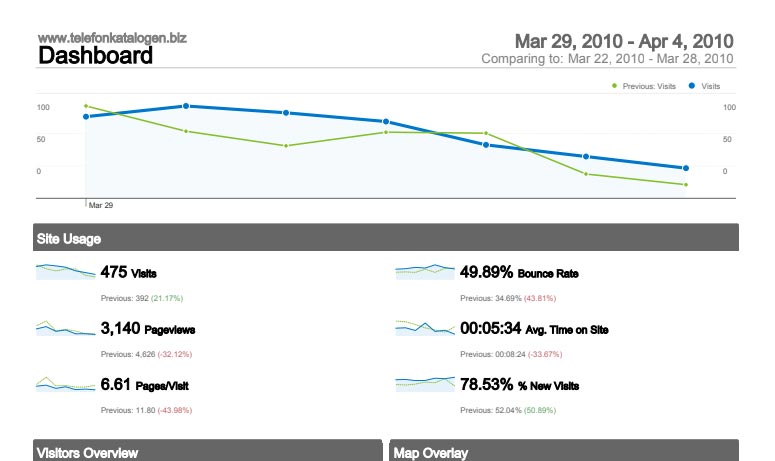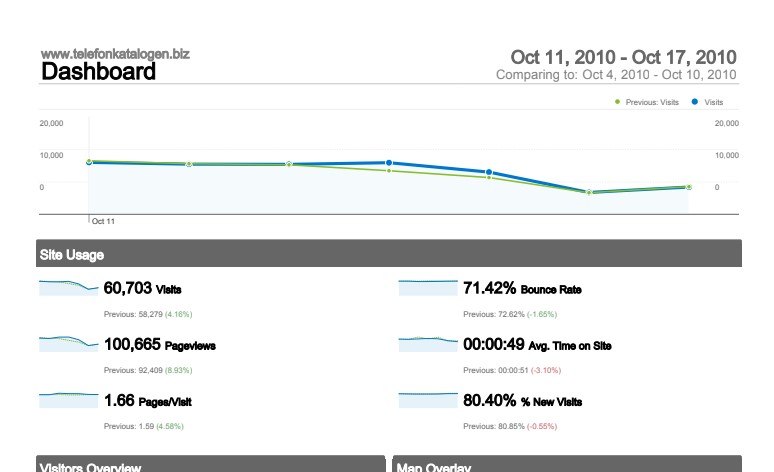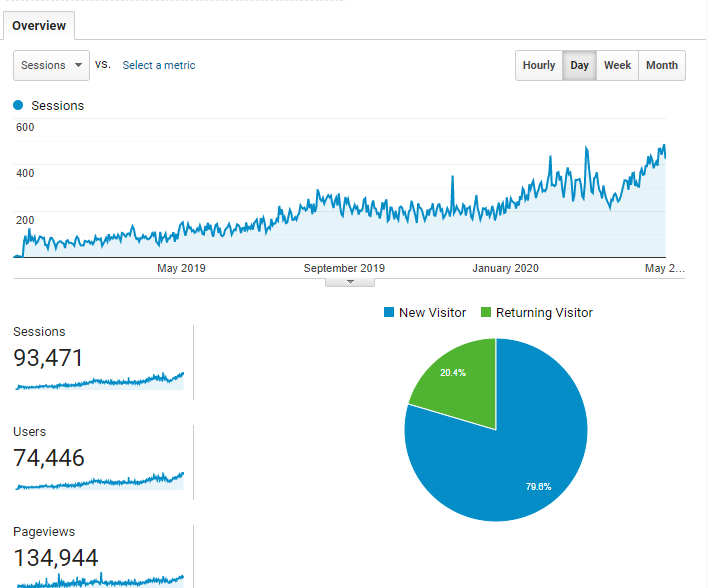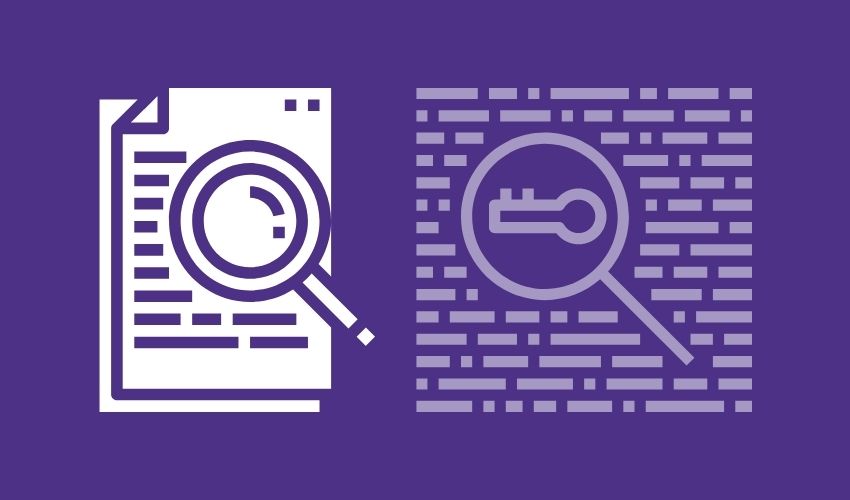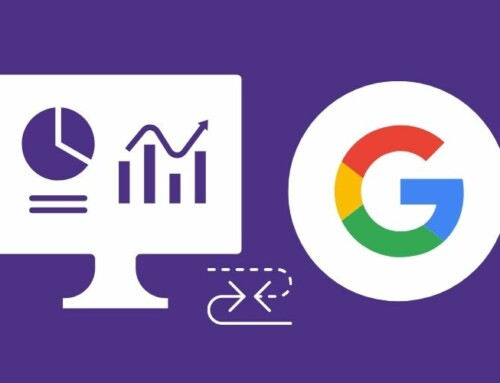This blog post is about the best keyword research tools. I will talk about what they are, how to use them, and their benefits.
Keyword research is the foundation of any SEO strategy. It’s how you find out what your target audience is searching for so that you can make sure they’re finding you when they search. The keyword research tools below will help you uncover those hidden gems. Also, figure out which keywords are worth targeting and give insight into how competitive a given keyword might be.
To be successful in business, you need to know your audience. And what better way to figure out how they feel than by reading the words that come out of their mouth? This is where keyword research comes into play.
In this blog post, I will show you some of the best tools for doing keyword research. Also, use them to get a good idea about what people are searching for online when it comes to your industry or niche.
Table of Contents
What is keyword research?
Keyword research is the process of identifying keywords that are used by your target audience to search for products and services.
There are two versions of this question. One is the user version, and the other is the marketer or SEO version.
In the user’s version, when you search for any information on Google or any search engine, you enter a few words that are best suited to your query.
The word (s) you enter is called the keyword that starts your question and ends with search results for users.
In the SEO version, when you want to rank a particular page, you target some keywords.
This is what users are looking for on the internet. These keywords describe the content of your website and help Google understand what your page is about and when to show/rank it in search results.
Before you can start optimizing, it’s essential to understand who will be using our website!
Knowing this means we know how they’ll use the site, which helps us identify valuable information like their goals and motivations to tailor a content strategy focused on them (not just ourselves!).
We also learn about popular topics to ensure there’s plenty of variety when giving great tips or sharing things as simple as ‘What Our Company Does.’
Why do you need keyword research?
What are keywords and why do you need them? Keyword research is an essential part of creating content that will be well-received by your target audience. It provides you with insight into the language people are using to search for information on a specific topic. Thereby helping you create relevant and helpful content that can lead readers from Google to conversion.
It’s important to know what words your customers are typing in when looking for something online. This will help you get more traffic and make sure that people find exactly what they want on your website!
I’m always careful about knowing the keywords my customers use because it helps me keep them happy- plus.
So, one will know right away if someone is asking a question or trying to buy from me without knowing who I am, the business owner.
How to find the best keywords for your blog post
You want your blog to be successful, and then you have to find the right keywords. A keyword is a word or phrase that people use when they search for something online.
A good way of finding them would be by using Google’s Keyword Tool.
This will show which words are searched more than others on their website, so these might work well in your post!
An idea about what kind of topic you’re blogging about—besides, some key phrases related to it.
Also, the URL where visitors can go if they like what you’ve written. (For example, http://www.yourblogsitehere); and one thing that only works with blogs – who has contributed most recently?
What are the types of keywords?
There are about nine types of keywords considered for SEO.
| Types of keywords | Description |
|---|---|
| Market Segment keywords | The most common keywords used by individuals in the market segment are listed below. It’s essential to know these words when communicating with members of this group. If you are selling evening dresses for women, then the keyword in the market segment will be party dresses. |
| Customer Identifying keywords | The keyword search phrase that a user uses to navigate to their website is the customer identifying keyword. There are many ways to place keywords in a customer’s voice. One way is to use the search function on your phone and type “customer service” into it, then you’ll get advice from experts like Yelp or Google that will help you out. This keyword is based on the minds of the customers. For example, party dresses for girls. |
| Product keywords | The keywords related to the company’s products that you offer are the product keywords. For example, Mini-dress with belt Double Room the G GUCCI is. |
| Brand keywords | he product keywords are what will attract your customer to buy. This is a list of the most popular and successful words you can use in your title, subtitles, or even on their own as it may be appropriate for users who type them into Google’s search field. Like product keywords, searches include the brand name. These keywords can only keep a brand name with a broad product category. For example, GUCCI Party Dresses. |
| Competitor keywords | The optimal keyword strategy is one of the most sought-after topics for digital marketing. There are plenty of competitors out there who would like a piece, or rather your business! The words “competitor keywords” make up an essential part of any company’s SEO game plan. The reason, they’re what triggers Google and other search engines’ algorithms into ranking pages for specific queries higher than others. For example: For Prada, the competitor’s keyword is GUCCI Party Dresses. |
| Geo-targeted keywords | Keywords that include location are geo-targeted keywords. This is used in a local SEO strategy. For example, party dresses in Tampa. |
| Short keywords | These keywords are also known as titles, broad keywords, or general keywords. They have a large search volume and one or two words—for example, party dresses. |
| Mid-Tail keywords | Keywords that fall between short tail and long-term keywords and have a moderate amount of traffic along & are descriptive—for example, the best party dresses. |
| Long-tail keywords | These keywords contain the longest words, more than 5-6 words. These have low search volume and competition, which makes them easier to rank. For example, the best evening dresses for an office event.
You must understand your SEO needs and create a plan before choosing the perfect keywords for your website. |
The best keyword research tools
Here is a list of tools to help you with your keyword research:
- Google Keyword Planner: as the Google Keyword Tool. It is the leading keyword research tool that helps marketers research keywords for their SEO and PPC campaigns. This shows monthly search volume, the average cost for a keyword, competitors, and related keywords. Allowing marketers to analyze which keyword is best to add to a campaign. This is a free tool integrated with Google Ads & Tools.
- Keyword Tool: Launched in 2014, Keywordtool.io is a free online Keyword Research Tool that uses Google’s AutoComplete feature to search hundreds of keywords. His sentences include both long, medium, and short keywords. Besides keywords, it helps marketers search for FAQs and suggestions to use in their SEO campaigns.
- Soovle: is a custom keyword search engine that aggregates keyword suggestions from the most popular search engines. These include Google, Bing, Amazon, Answers.com, Yahoo, Wikipedia, YouTube. You can drag and drop keywords and save keyword suggestions.
- Google Search Console: This is not a traditional keywords research tool but very useful in keyword research. It gathers keywords information whenever your website gets ranked on any keyword on any position for your website. It helps to figure out the keywords, which keyword would be the best to target. Also, where you need improvement to get a favorable ranking for those keywords.
- Moz Keyword Explorer: The Moz Keyword Explorer is a paid keyword research tool that is very popular with marketers. This helps users get accurate keyword data in search and analytics. When you choose to subscribe to MOZPro, this service is free.
- Ahrefs Keywords Explorer: Starts with a 7-day trial for $ 7. Ahrefs Keyword Explorer is one of the most popular keyword research tools that help marketers get a detailed analysis of any website’s common keywords. You can see which keywords you and your competitors are ranking for, as well as the pages with the most organic traffic. Besides regular keywords, it allows marketers to see information about competitors’ PPC keywords.
- Keywords Everywhere: Keywords Everywhere is a keyword research tool/plugin that helps get keywords for search volume and keyword ideas that include keyword data from Google Search Console, Answer the Public, Amazon, eBay, Keyword Planner. Google Trends, Majestics, etc. The best part of this tool is that you don’t have to search every keyword for their monthly searches in the Google Keyword Planner. You can install it in your Google Chrome or Mozilla Firefox browser as an extension. It used to be a completely free tool, but as of October 2019, it has a paid subscription that starts at $ 1.
- SEMrush Keyword Magic Tool: SEMrush Keyword Magic Tool is a keyword search tool that helps marketers get ideas for SEO and PPC. The best feature is that you can create a group of keywords of your choice and create a list of them. It shows keyword search volume, keyword difficulty, keyword CPC.
- KWFinder: KWFinder is a popular keyword research tool that allows keyword lookups for a maximum of 50 related keyword suggestions per search If you opt for a free plan. It would be best if you put the query in the search box & it will start giving you the keywords data. Apart from the free trial, its basic plan starts at $ 29 per month.
- UberSuggest: UberSuggest is one of the fastest-growing and most popular keyword tools currently owned by Neil Patel. It helps generate keyword ideas for a website’s content marketing strategy. You can find long and short tail keywords, as well as the SERP status of each keyword, volume, and competition. This is a completely free tool and is trending now.
The best keyword research tools for beginners
Now that you are a beginner, it is time to start researching keywords.
The best keyword research tool for beginners is Wordstream’s Keyword Tool and SEMrush Pro Rank Checker!
The most important thing when choosing the right word or phrase online? It has always been about how many searches there are in Google Trends- and these days, we also need to know what kind of industry your content will be targeting so you can find better results with more accuracy.
Doing this helps us get found by people who want our product/service and ensures that customers come back again later because they liked their experience before
How to use the different types of keywords in your content
The first step to using keywords in your content is knowing which type of keyword you are targeting.
There are three types of keywords:
- long-tail
- short-tail
- head terms
Short tail keywords refer to words with two or fewer words like “car,” while the other ones can be composed of up to four-word phrases such as “fitness equipment.”
Choosing a strategy will depend on what industry you’re looking at and how competitive it might be for advertising space next year versus this year.
Tips for using Google AdWords Keyword Tool
You’ve heard about Google AdWords. You know it can help your company get seen by customers, but you’re unsure how to use the best Keyword Tool? Here’s what we recommend:
- Look at which keywords are already giving impressions and clicks in a specific geographic area before expanding into new markets with those terms. This will ensure that competitors don’t have an unfair advantage over you.
- If possible, create bids for each keyword instead of using blanket rates. This is because different words may appeal to other people looking for products or services like yours. And remember – bid high enough so as many searchers see your ads without paying too much per click!
The best keyword research tools for finding keywords on YouTube, Amazon, and other sites with user-generated content
These days, it’s hard to find good keywords for your campaign. So instead, you might use the following tools: YouTube and Amazon are two great sites that offer user-generated content. This means you can watch videos of people reviewing products or searching on a particular topic to see how they would type words into Google search engine boxes.
That way, when someone types “dog training” into their Facebook post as an example phrase about what to do with dogs at home during summer break from school (in contrast to puppies). These new users will be able to choose terms like dog daycare vs. boarding kennel services if they’re unsure which option is best suited for them! Other valuable sources include Reddit – since the site caters towards niche communities.
Conclusion
Keyword research is one of the most critical aspects of SEO. It can be a daunting task to find which keywords are worth targeting and which ones you should avoid.
Luckily for us, there are many keyword tools available that make this process much easier than before.
This article has looked at some of the best free and paid options on the market today and how they can help your business reach its goals faster by leveraging search engines more.
We hope these tips will be helpful for anyone who has struggled with researching keywords before!
FAQs
How to Conduct Keyword Research for SEO?
To select the right keywords for your SEO campaign. It would be best if you chose both combinations of short, medium, and long keywords. Then, use any keyword research tool and generate ideas.
Why is keyword research necessary?
When you choose the right keywords, they help drive traffic to your site when they start getting rankings.
How do you pick the best keywords?
Choosing the right keyword for your website is not easy. It would help if you chose those keywords that have high search volume and low competition.
How do I group keywords?
To group keywords, follow these steps:
- Prepare a list of website services.
- Make careful research keywords.
- Classify them according to their relevance
What are the best keyword research tools for SEO?
There are several tools on the web for intensive keyword research. But some of the most popular in 2020 are Google’s Keyword Planner, UberSuggest.
What keywords does my website rank for?
It’s essential to keep an eye on your competitor’s strategy. Some well-known competitor keyword research tools: UberSuggest, SEMrush
What keywords does my site rank for?
Despite your targeting keywords, several other keywords can drive your conversions. You can use SEMrush, UberSuggest, Ahrefs to check them out.
Share This Story
